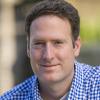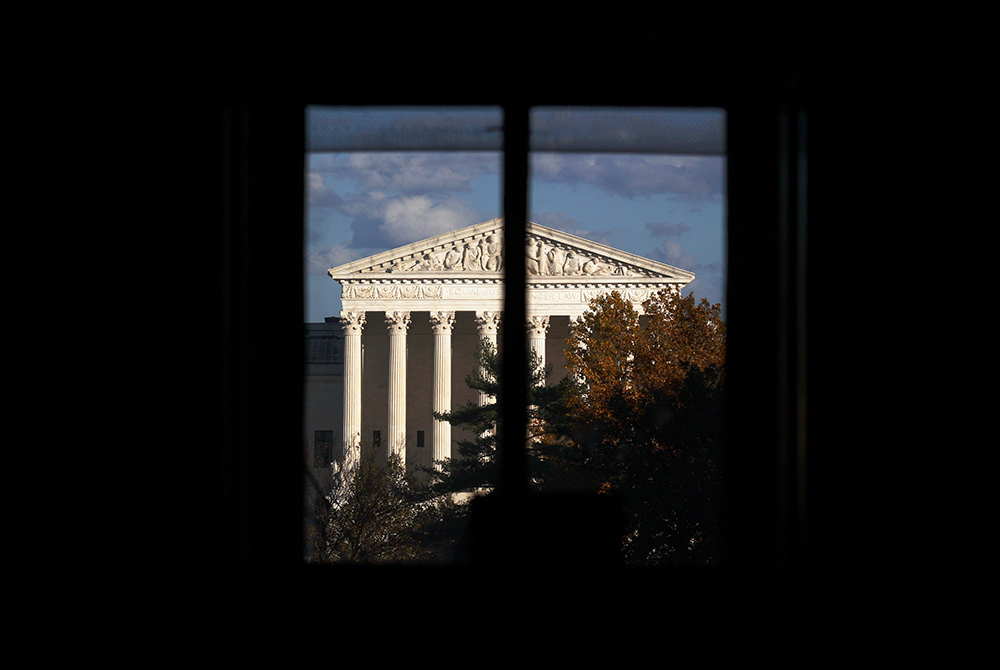
The Supreme Court building is seen through a window in Washington Nov. 10, 2020. The U.S. Supreme Court is now deliberating over Fulton v. City of Philadelphia. (CNS/Hannah McKay, Reuters)
Marianne Duddy-Burke tears up and her voice still cracks with emotion almost two decades later when she thinks about how the same church that nurtures her faith turned her away from adopting children. The phone call that early spring day from Catholic Charities of Boston felt like a punch to the stomach.
"The social worker called from her car during her lunch break and told me the reason we were not getting our calls returned about fostering a child was because we left our names and they knew we were a female couple," Duddy-Burke said. "It was horrendous. I was shaken to the core. Nobody even bothered to talk to us as people or as a couple."
As LGBTQ Catholics are still reeling from a recent Vatican statement that denied people in same-sex unions the opportunity to receive a church blessing, the U.S. Supreme Court is now deliberating over a case that Duddy-Burke and other gay couples are closely watching.
Fulton v. City of Philadelphia spotlights an increasingly familiar national debate that pits religious liberty claims against LGBTQ rights. The city of Philadelphia contends that Catholic Social Services should be prohibited from continuing to receive city funding while refusing to place foster children with same-sex couples, which the city argues is a violation of Philadelphia's non-discrimination policy. Two Catholic foster parents and Catholic Social Services claim in the suit that the city's policy is religious discrimination.
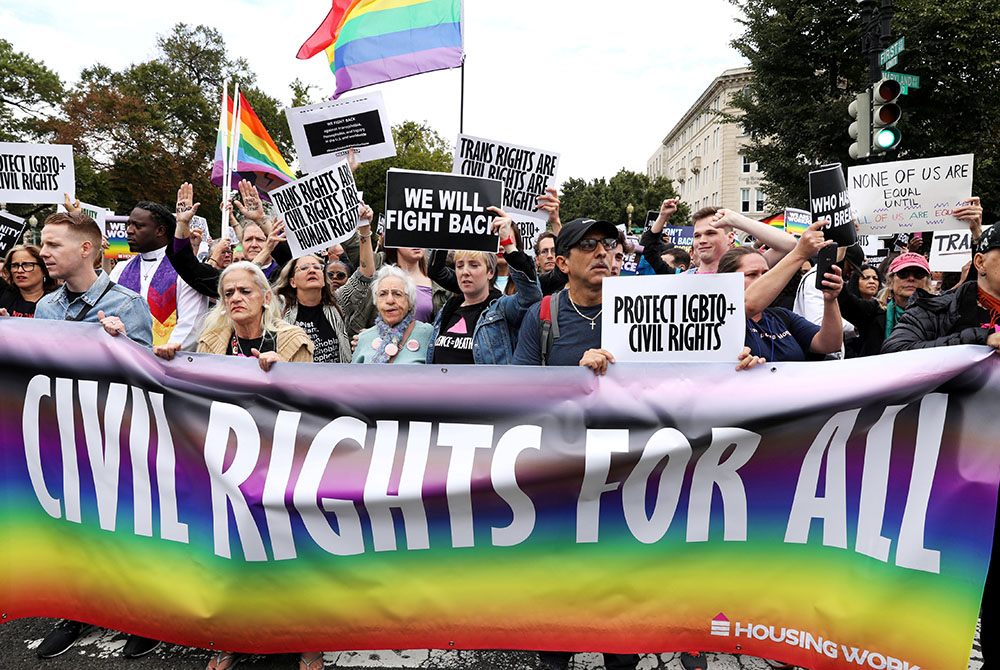
LGBTQ activists are seen outside the Supreme Court Oct. 8, 2019, in Washington. (CNS/Jonathan Ernst, Reuters)
Duddy-Burke, the executive director of DignityUSA, a national advocacy organization for LGBTQ Catholics, eventually adopted two children, a daughter and son, with her spouse through a state agency in Massachusetts. Emily, an infant born addicted to drugs who lived in a medical foster home for seven months before she was adopted, is now a 19-year-old college student studying to be a teacher. Finn is a transgender 17-year-old high school student. Duddy-Burke marvels at the deep joy parenting brings even as she carries the scars of those experiences with a Catholic agency. For someone who once lived in a motherhouse with nuns, has a master's degree in theology and is married to a former Sister of Mercy, the memories are painful. "With the connection we have to Catholicism, it was the hardest rejection we ever faced," she said.
Emily, her daughter, grew up steeped in Catholic culture as part of the affirming DignityUSA community. For a while as a child, she went to Catholic school. Her godparents are Catholic. She was baptized. But Emily no longer considers herself a member of a church that in a 2003 Vatican statement declared allowing same-sex couples to adopt "would actually mean doing violence to these children." Emily recoils at that language.
"A lot of kids don't get out of foster care," she said. "I was born addicted to drugs, but my mothers stepped up and gave me a chance. I will always be grateful for that. Being adopted, you always want love and you fear you're never going to get that. They showed me that I was worthy of love."
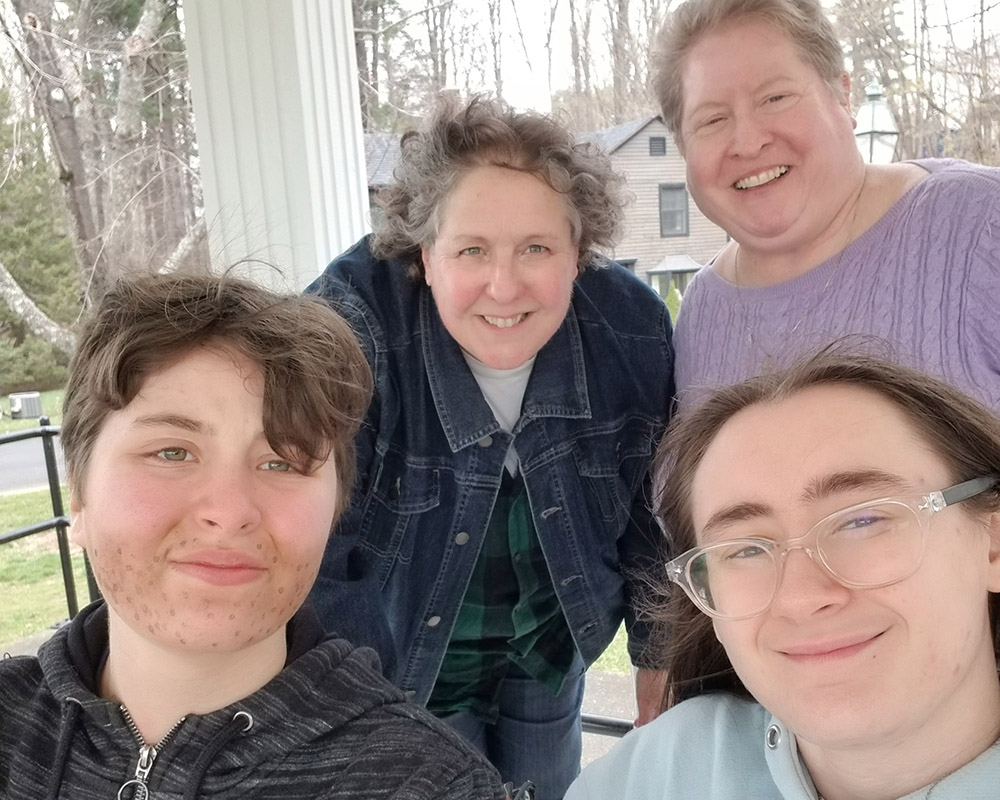
Marianne Duddy-Burke, top right, takes a family photo with her spouse Becky and their children Finn and Emily. The Catholic Church turned Marianne and Becky away from adopting children because "they knew we were a female couple." She and Becky eventually adopted Emily and Finn through a state agency in Massachusetts. (Courtesy of Marianne Duddy-Burke)
Catholic Charities of Boston shut down its adoption programs in 2006. "In spite of much effort and analysis, Catholic Charities finds that it cannot reconcile the teaching of the church, which guides our work and the statutes and regulations of the commonwealth," Fr. J. Bryan Hehir, then president of the agency, said in a statement at the time. The 42-member Catholic Charities board had voted unanimously to continue considering same-sex adoptions, and eight members of the board later stepped down in protest, according to The Boston Globe.
Catholic agencies in several states have been embroiled in adoption controversies over the years. When the city council in Washington, D.C. passed a measure legalizing same-sex marriage at the end of 2009, Catholic Charities in the nation's capital closed its doors for adoption services in 2010. The agency even stopped providing health insurance benefits to all of its employees to avoid giving benefits to a gay spouse. In 2011, Catholic Charities affiliates in Illinois shut down its more than four-decades-old adoption services rather than comply with a requirement that it could no longer receive state money if it turned away same-sex couples. Catholic Charities of Buffalo followed suit in 2018 after more than 50 years of hosting adoption and foster services.
"When an organization chooses to accept taxpayer dollars to provide a government service, it doesn't have a right to pick and choose who it will serve."
—Leslie Cooper
Clashes play out in US courts, legislatures
The Supreme Court battle over same-sex couples and adoption highlights competing arguments over LGBTQ rights and religious liberty claims as well as questions about government funding of faith-based agencies, which are playing out in legislatures and courts across the country.
"This case is not just about whether foster care agencies can turn away LGBTQ people," said Leslie Cooper, deputy director of the American Civil Liberty Union's LGBT and HIV Project. "If the court agrees with Catholic Social Services, any taxpayer-funded program could turn away not only LGBTQ people but also those who are Jewish, Muslim, Mormon or otherwise do not meet a religious test. When an organization chooses to accept taxpayer dollars to provide a government service, it doesn't have a right to pick and choose who it will serve."
Cooper noted there is already a shortage of foster families for the more than 400,000 children in foster care across the country. "Allowing taxpayer-funded agencies to turn away families for reasons that have nothing to do with their ability to nurture and support a child would only make it harder to find foster families to care for them," she said.
The fiscal year 2018 contract with Catholic Social Services in Philadelphia stipulated that the agency would be paid $19.4 million for a range of services for children in the foster care system that included foster family certification, case management services and congregate care facilities for children in the city's custody, according to the ACLU. The services affected by the Fulton case are foster family certification services, which accounted for $1.7 million of that funding. Catholic Social Services still provides congregate care and case management services for children in the city's custody, for which the city pays the agency approximately $17 million annually, according to the ACLU.
The case is likely to be decided in June.
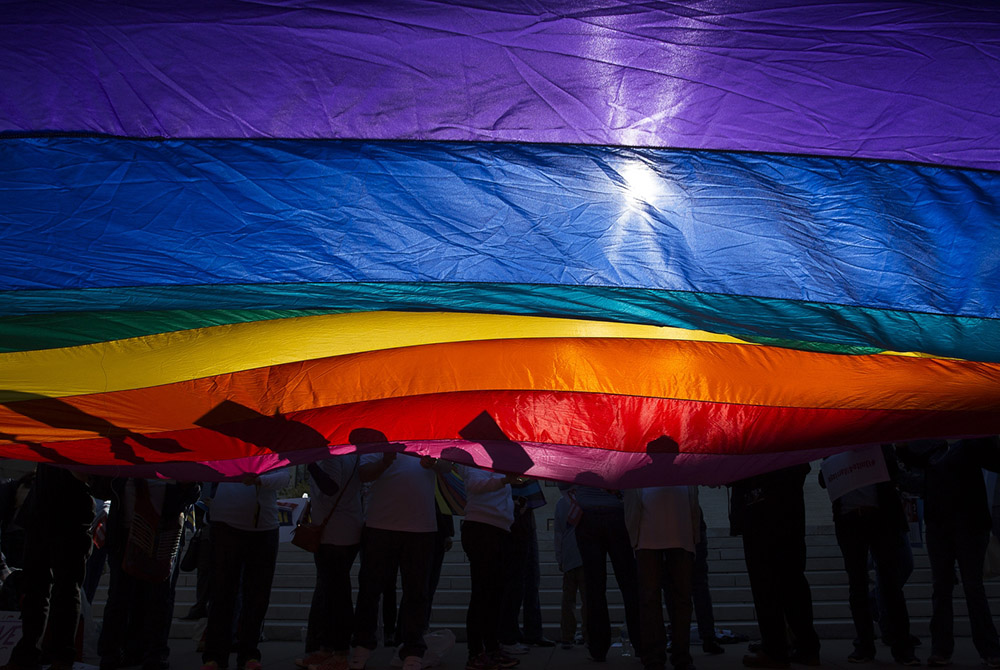
In this 2015 file photo, LGBTQ supporters wave a flag outside the U.S. Supreme Court in Washington. (CNS/Tyler Orsburn)
In a friend of the court brief submitted to the court, more than two dozen lay Catholics write that "there is no singular Catholic belief on the issue of LGBTQ people fostering and adopting children." The brief notes there is "widespread religious debate about how LGBTQ individuals are to be treated," and cites the writings of several Catholic theologians and Jesuit Fr. James Martin, a leading advocate for LGBTQ Catholics who serves as a Vatican adviser.
Lori Windham, senior counsel at Becket, a religious liberty law firm representing Catholic Social Services in the case, says that Philadelphia has "singled out" the Catholic agency because of its religious beliefs and is "enforcing laws against the agency that it did not apply to itself or other agencies." Windham added that "the same arguments made by the ACLU in this case are already being used to try to force Catholic hospitals who receive government Medicaid funds to perform abortions and Catholic entities to pay for abortion in their health care plans."
In a major change announced last month, Michigan-based, evangelical Bethany Christian Services — one of the nation's largest adoption and foster care agencies with offices in 32 states — said it would immediately change its policy and begin placing children with LGBTQ parents.
"We will now offer services with the love and compassion of Jesus to the many types of families who exist in our world today," Chris Palusky, the organization's president and chief executive wrote in an e-mail to staff, according to The New York Times. "We're taking an 'all hands on deck' approach where all are welcome."
Catholic agencies involved with adoption and foster care show no sign of following that lead. The U.S. Conference of Catholic Bishops is backing current legislation in Congress, the Child Welfare Provider Inclusion Act, that would prevent the federal government and any state receiving federal funds for child welfare services from taking "adverse action against a child welfare service provider on the basis that the provider declines to provide a child welfare service that conflicts, or under circumstances that conflict, with the sincerely held religious beliefs or moral convictions of the provider," as the legislation describes it.
Twenty-five states have laws or policies that prohibit discrimination based on sexual orientation in fostering and adopting, according to the ACLU. Eleven states have laws that allow foster or adoption agencies to deny services that conflict with their religious beliefs. These laws allow agencies to deny services to families who are same-sex couples, of a different faith, don't attend church and other religious criteria set by the agency.
"The same arguments made by the ACLU in this case are already being used to try to force Catholic hospitals who receive government Medicaid funds to perform abortions and Catholic entities to pay for abortion in their health care plans."
—Lori Windham
Dealing with divides over gay adoption
Even as Catholic bishops and conservative legal organizations seek to define the debate over religious liberty and what constitutes a family, interviews with same-sex couples who have adopted, moral theologians, former Catholic Charities directors and case workers at adoption agencies tell a more complicated story.
Brian Cahill spent nearly a decade as the executive director of Catholic Charities in San Francisco before retiring in 2008. "If someone is in this kind of work you have to carefully manage the tension between church teaching and how a social service agency functions in a pluralistic society," Cahill said.
While adoption services were never a large part of Catholic Charities' expansive portfolio in San Francisco, the agency quietly helped facilitate the placement of a few children with same-sex couples each year. "I didn't expect many gays and lesbians to come to a Catholic agency, but if they did I wanted to make sure they were treated with dignity," he said.
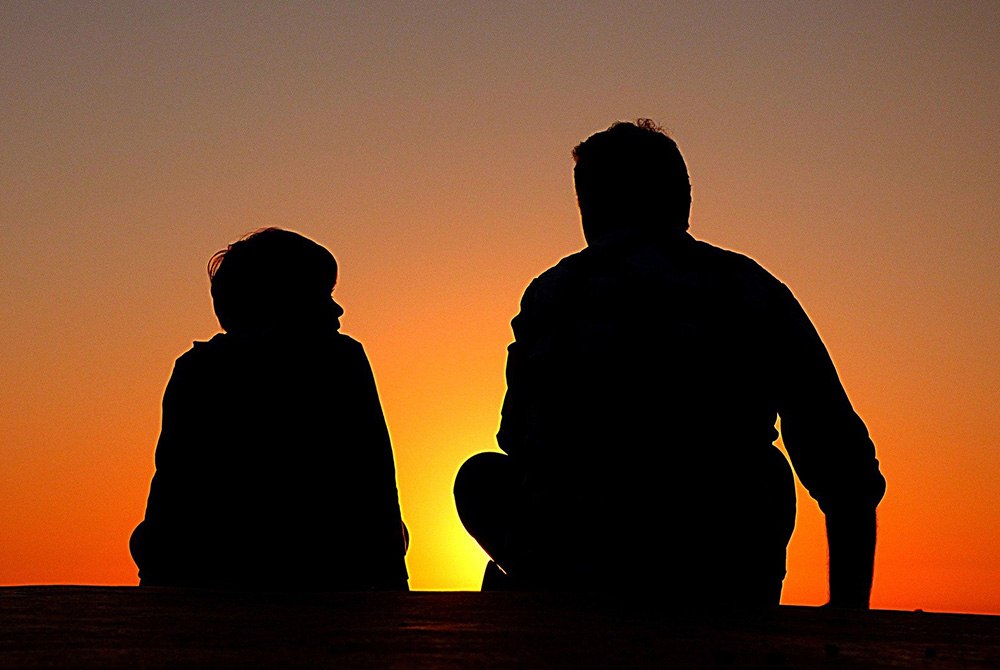
(Pixabay/Free-Photos)
This under-the-radar consensus became more tenuous to maintain in 2003, when the Vatican spoke in words that reverberated throughout Catholic institutions. The Congregation for the Doctrine of the Faith, or the CDF, then led by Cardinal Joseph Ratzinger, released a document responding to growing cultural and political support for same-sex civil unions. The document denounced those unions as "gravely unjust laws" and stated there were "absolutely no grounds for considering homosexual unions to be in any way similar or even remotely analogous to God's plan for marriage and family." Allowing children to be raised by same-sex couples "would actually mean doing violence to these children," the CDF said.
For a few years, Cahill acknowledged, his agency essentially ignored the document and continued placing a handful of children with same-sex couples. The city's archbishop at the time, William Levada, was not a liberal, but he preferred pragmatic solutions to fighting culture wars. In 1997, the archbishop had worked out a compromise after the San Francisco City Council enacted an ordinance requiring all agencies that contracted with the city government to extend health care benefits to people living in domestic partnerships, which included same-sex couples.
In an effort to honor church teaching on both marriage and the moral right to health care, the "Levada Solution," as it became known, took root in the archdiocese. In a type of "don't ask-don't tell" maneuver, church employees in San Francisco would be allowed to designate anyone legally domiciled with them to share their benefits, whether an aging parent, unemployed sister or gay partner.
"I didn't expect many gays and lesbians to come to a Catholic agency, but if they did I wanted to make sure they were treated with dignity."
—Brian Cahill
But when Archbishop Levada was picked to lead the Vatican's doctrine office in 2005, the cardinal who had crafted a deft solution over a thorny issue years earlier was now tasked to be an enforcer. Sparked by a press inquiry from The Boston Globe, the cardinal sent a statement back to his former archdiocese in San Francisco stating that "it has been and remains my position that Catholic agencies should not place children in homosexual households."
Cahill, the Catholic Charities executive director, had a meeting with Archbishop George Niederauer, Levada's replacement, and told him he wanted to find a way forward that would not exclude same-sex couples seeking to adopt without violating church teaching. Niederauer, who Cahill described as a "traditional bishop but with a pastoral streak," didn't stop him.
Several theologians were brought in for consultation. Catholic Charities could not directly place children with same-sex couples without violating church teaching. Instead, the agency began working with Family Builders, a nonprofit organization that handled the placement. In the terminology used by moral theologians, the Catholic agency's participation now fell under the principle of "remote material cooperation," sufficiently removed from direct involvement and not intended to engage in activities contrary to church teaching.
"I felt strongly about serving these families because we were a social service organization and that is what we did," Cahill said. "In California, some of the largest cohorts for potential adoptive parents are gay and lesbian couples. I was also the father of a gay son. I knew how he suffered so there was a personal part too."
But when conservative Catholic media outlets began targeting Catholic Charities, the archdiocese was on the defensive. When Cahill retired in 2009, there was waning energy to continue threading the theological needle and maintaining the partnership with Family Builders. Catholic Charities ended its adoption work.
Cahill views the current legal, cultural and theological divides over gay adoption as part of broader church trends. "In the name of religious liberty bishops are trying to force their beliefs on others who don't share those beliefs," he said. "It's not just the issue of foster care and adoption. You see it in their opposition to the Equality Act in Congress. Even some of the good bishops who are trying to do the right thing often gloss over the infuriating, destructive and hypocritical dichotomy of saying we love and respect LGBTQ people but also condemning them."
Advertisement
'We want these families with us'
Meli Barber supervises case workers at a nonprofit agency in Indianapolis that places foster children and youth with adopted parents. In a conservative red state, her agency has become a magnet for LGBTQ couples. She requested that National Catholic Reporter not use the name of her agency.
"A common thread we see is people would do information sessions at other agencies and they may not be told 'no,' but they don't feel welcome or wanted," said Barber, formerly the director of religious education in the Archdiocese of Indianapolis. "What we have done here is really be loud and proud that we want these families with us."
Same-sex couples have to be especially intentional about their decision to adopt, she said, and during visits with prospective parents Barber is impressed by how much care goes into preparing their homes. Same-sex parents are seven times more likely to raise adopted and foster children than straight couples, according to the Williams Institute at UCLA School of Law.
LGBTQ children and youth are also over represented in the foster-care system, in many cases because they are rejected by family for their sexual orientation or gender identity. As reported by The New York Times, more than a third of New York City's young people in foster care, for example, identity as LGBTQ, according to a survey from the city's child welfare agency released last fall. These young people are placed more often in group homes or residential care rather than family homes, according to the survey, and are more likely to report having depression. The Annie E. Casey Foundation also has found that nearly a quarter of young people in its foster care programs in 17 states identify as LGBTQ.
"A strength we see with queer couples is because many have experienced family rejection they have a more expansive understanding of what it means to be a family and to choose a family," Barber said.

(Unsplash/Toni Reed)
Jacob Kohlhaas, associate professor of moral theology at Loras College in Dubuque, Iowa, thinks church leaders can draw from Catholic tradition to embrace a broader concept of family and parenting. He cites both secular and church history to make a case for why narrowly defining parental roles based on sexual complementarianism is shortsighted.
The Rule of St. Benedict, he notes, includes instructions for myriad aspects of life, including accommodations for children in abbeys, which means in some cases monks were helping to raise children in community. Catholic nuns often led orphanages. Priests in recent years have adopted children.
"When the church talks about parenting, it's really talking about sex," said Kohlhaas, author of the forthcoming book from Georgetown University Press, Beyond Biology: Rethinking Parenthood in the Catholic Tradition. "If the church is not opposed to single parenting and collective parenting, why are we opposed to same-sex parenting? It really all comes down to sex. My argument is we need to think more about parenting capabilities. Parenthood is essentially a commitment that involves a lot of work and shared roles."
The church's restrictive views of gender roles and complementarianism, he adds, often creates a barrier to learning from contemporary research.
"The church came to have a much healthier relationship with the natural sciences in the 20th century," he said. "But we have a tense relationship with the social sciences. We dismiss reliable research and call it ideology. There isn't any real indication there are developmental problems with kids raised by same-sex couples. To claim there is a problem without showing evidence makes the church look non-credible."
"If the church is not opposed to single parenting and collective parenting, why are we opposed to same-sex parenting? It really all comes down to sex. My argument is we need to think more about parenting capabilities."
—Jacob Kohlhaas
Cornell University law professor Nelson Tebbe also wants a more evidence-based debate. In collaboration with a law professor at the Hebrew University of Jerusalem, he is working on an empirical study that examines how anti-discrimination requirements for child welfare agencies impact children. While the research is not ready for public release, Tebbe says it should help fill a conspicuous vacuum. In the Supreme Court case, there are "really important empirical claims being made both by Catholic Social Services and the ACLU in terms of the impact on children," he said, but "there is really no reliable research on either side of this question and that surprised us."
Tebbe views the legal issues at stake in the Fulton case as the latest example of the court grappling with religious liberty claims. In 2014, the court ruled in Burwell v. Hobby Lobby Stores, Inc. — a case brought by Christian evangelical owners of the giant arts-and-crafts chain — that the corporation had a religious conscience right to deny its employees insurance coverage of contraception as required under the Affordable Care Act. In 2017, the court ruled in favor of a Colorado baker who had refused on religious grounds to create a wedding cake for a gay couple. In the current Philadelphia case, several justices appeared persuaded by the Catholic agency's points during oral arguments. Tebbe predicts a conservative court will likely rule for Catholic Social Services. If so, the result will be part of a pattern.
A new study released in early April, published in the The Supreme Court Review, found the court has been more likely to side with religious liberty claims in recent years. According to The New York Times, the study, analyzing 70 years of data, found a 35-percentage-point increase in the rate of rulings in favor of religious claims, which led to an 81% success rate in the court led by Chief Justice John Roberts Jr.
"Plainly, the Roberts court has ruled in favor of religious organizations, including mainstream Christian organizations, more frequently than its predecessors, wrote the study's authors, Lee Epstein of Washington University in St. Louis and Eric Posner of the University of Chicago. "With the replacement of Ruth Bader Ginsburg with Amy Coney Barrett, this trend will not end soon and may accelerate."
"LGBTQ families are no different from heterosexual families. We have the same desire to connect and to love."
— John Freml
The shifting legal landscape or the finer points of moral theology are not the primary issue for most same-sex parents. Those couples insist that the real-life stories of struggle and success can humanize debates that too often feel abstract.
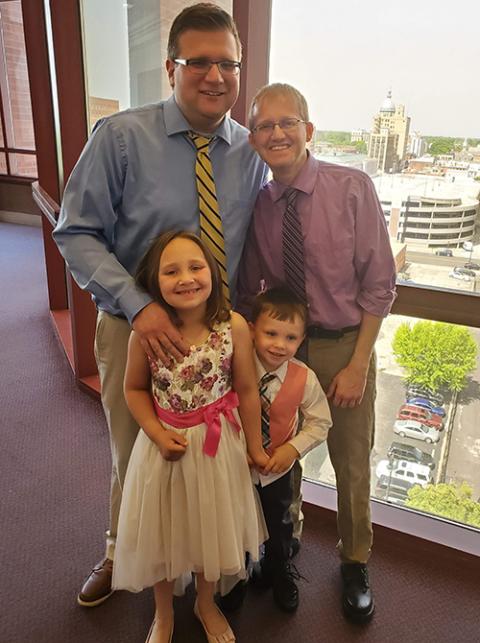
John Freml, left, with husband Rick Nelson and their children Jordan Freml-Nelson, front left, and Riley Freml-Nelson. (Courtesy of John Freml)
John Freml and his husband, Rick, adopted a baby girl in 2016 through a private Illinois agency. It was a dream fulfilled, and they immediately bonded with their daughter. But when a few of the infant's biological family members found out the child had been placed with a same-sex couple, they took action to remove the baby. Experts made home visits. The Department of Children and Family Services seemed to favor keeping the child in Freml's home. But the painful process dragged on for over a year and cost the couple more than $30,000 in legal fees. They eventually lost in court. "It was heartbreaking," Freml said. "It took us a while to recover."
The couple later successfully adopted and now have a 5-year-old son, Riley, and a 7-year-old daughter, Jordan.
They had planned to raise their children in a religious tradition. But Freml acknowledges his Catholic faith has been tested by the church's opposition to LGBTQ rights — from the firing of gay teachers in Catholic schools to bishops fighting the Equality Act and opposing same-sex couples adopting children. The 36-year-old, who attended Catholic schools for 12 years, drifted away from the church. He found his way back after his bishop, Thomas Paprocki of Springfield, Illinois, led prayers of "supplication and exorcism" to protest the state passing a marriage equality law in 2013. John called the spectacle "egregious and hurtful."
"I found a group of Catholic moms of LGBTQ kids protesting outside the cathedral," he said. "They hugged me and we cried and we sang. It really brought me back to the church. It showed me there was a place for me in the church."
But in recent years, he has struggled to identify as Catholic.
"My kids come from foster care and had such traumatic experiences in their lives even before they came to live with us so to think they might sit in Mass on a Sunday and hear a homily that calls their parents 'disordered' would only inflict more trauma on them," Freml said. He wants church leaders to hear a simple message. "LGBTQ families are no different from heterosexual families. We have the same desire to connect and to love."
[John Gehring is Catholic program director at Faith in Public Life and author of The Francis Effect: A Radical Pope's Challenge to the American Catholic Church.]
